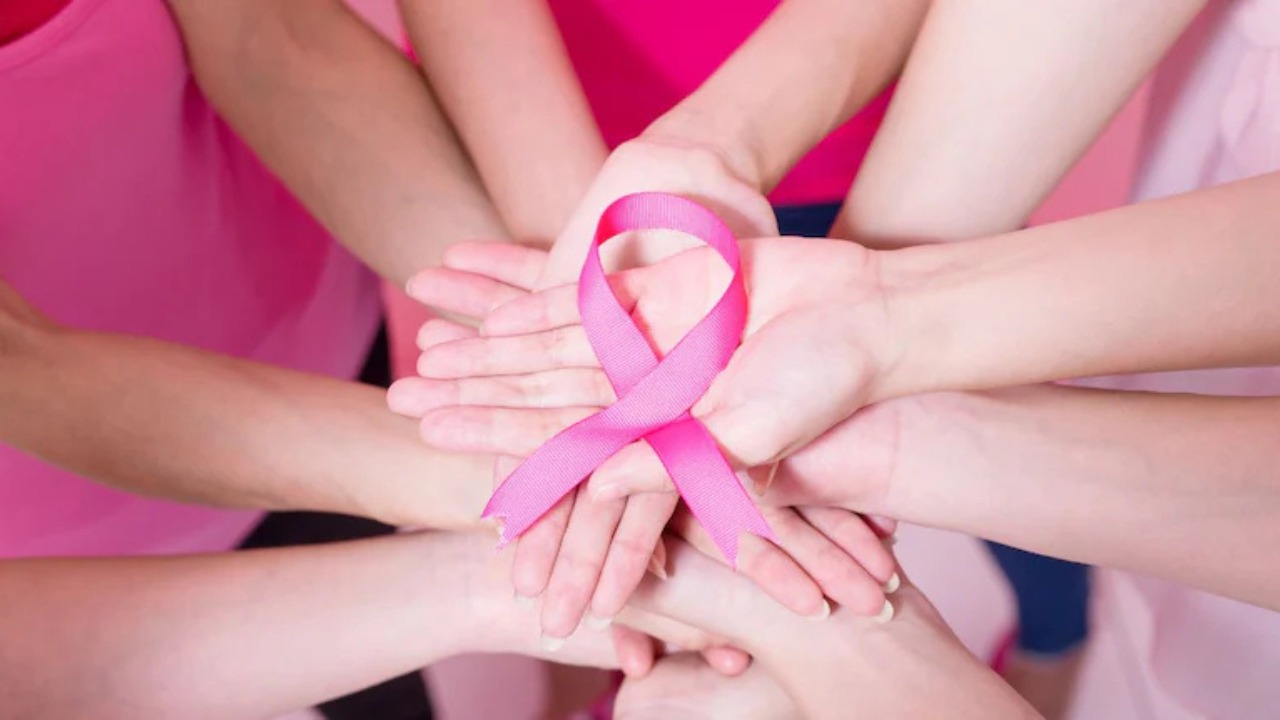 English
English

Cancer is no longer just an older adult’s disease. Gen Z and millennials are facing higher risks at younger ages. What’s driving this shift, and how can young adults protect themselves before it’s too late?

Understanding The Gen Z And Millennial Risk Shift
New Delhi: Cancer, traditionally seen as a disease affecting older adults, is increasingly being diagnosed in younger generations. Recent studies suggest that Gen Z and millennials are experiencing higher cancer rates at earlier ages, prompting concern among health experts and policymakers. Understanding the reasons behind this shift is critical for prevention and early intervention.
Historically, most cancer cases were diagnosed in people aged 60 and above. However, data from national and international cancer registries reveal a growing trend of diagnoses in individuals in their 20s, 30s, and 40s. Cancers such as colorectal, breast, and thyroid are seeing a notable rise among millennials, while Gen Z faces increasing risks of skin, testicular, and certain blood cancers.
Experts warn that this demographic shift challenges conventional screening and prevention strategies, which are often targeted at older populations.
Health: Obesity can increase cancer risk in young and old alike
Lifestyle changes are a major contributor to this emerging trend. Diets high in processed foods, sugary drinks, and red meat, combined with low physical activity, have been linked to colorectal and pancreatic cancers. Rising obesity rates among young adults further exacerbate the risk.
Smoking and alcohol consumption, while traditionally associated with older adults, are still prevalent in younger populations, increasing the likelihood of lung, liver, and oral cancers. Additionally, exposure to environmental pollutants, sedentary lifestyles, and chronic stress are compounding the problem.
Genetic predisposition also plays a role in early-onset cancer. Inherited mutations, such as BRCA1 and BRCA2 for breast and ovarian cancers, or Lynch syndrome for colorectal cancer, can lead to earlier diagnoses. Experts emphasize that awareness of family history and genetic counseling can help identify at-risk individuals in their 20s and 30s, potentially allowing for earlier detection and preventive measures.
The rise of digital health platforms has increased awareness and accessibility to cancer screenings, which partly explains the higher detection rates among younger adults. Social media campaigns and telemedicine initiatives have encouraged proactive health check-ups, leading to early diagnosis that may have gone unnoticed in previous generations.
Pankaj Dheer, Karna of ‘Mahabharata’, passes away after long battle with cancer
Health authorities stress the importance of lifestyle interventions, regular screenings, and vaccination programs (such as HPV vaccines) to mitigate risk. Adopting healthier diets, exercising regularly, avoiding tobacco and excessive alcohol, and managing stress are crucial preventive measures for younger adults.
Cancer is no longer confined to older adults. The rising incidence among Gen Z and millennials highlights the need for awareness, lifestyle modifications, and targeted early screening. By addressing these factors now, younger generations can reduce their long-term cancer risk and improve overall health outcomes.
No related posts found.